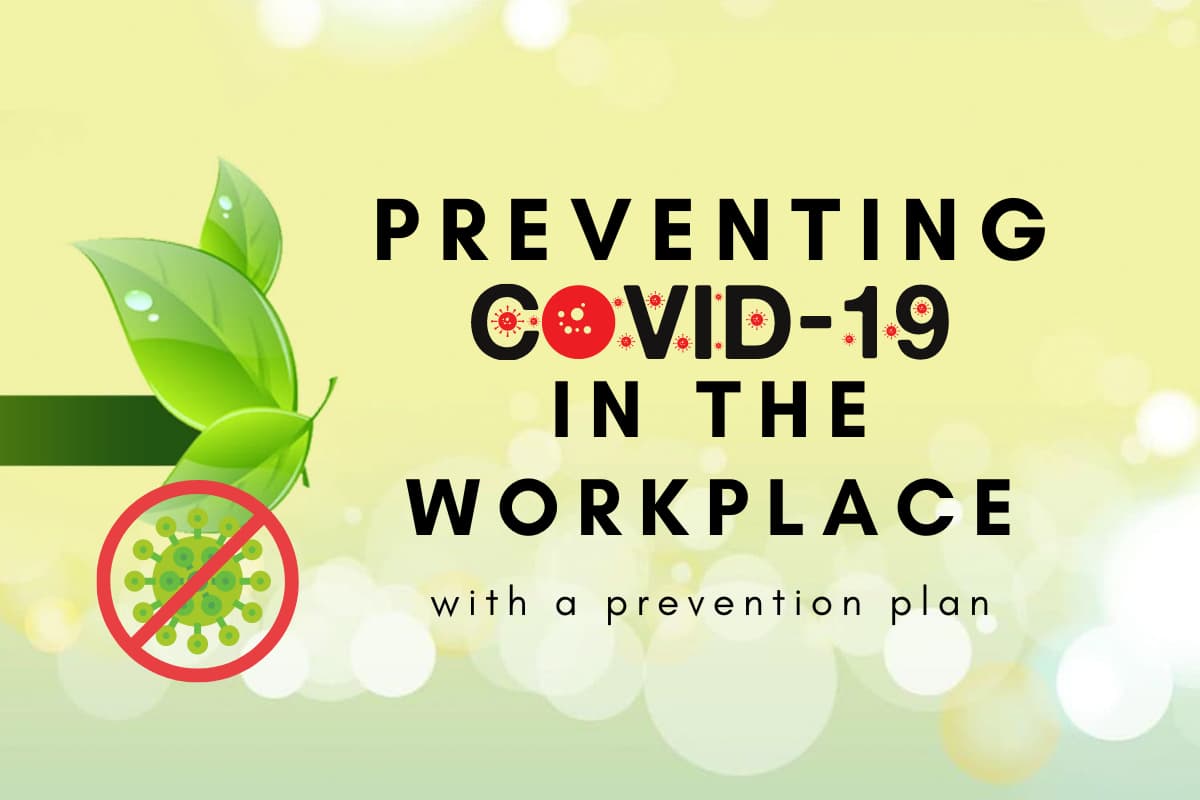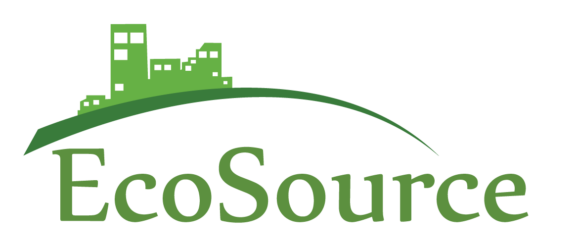
It can be difficult to deal with the ever present threat of COVID-19 in your business. Coming up with a good prevention plan is key. OSHA gives some great guidelines to help you avoid COVID-19, prevent further spreading if it does enter your workplace, and to keep your business up and running as efficiently as possible.
The key to good COVID-19 prevention is determining a contingency plan. What do you do if COVID-19 enters your workplace? Instead of determining it as it happens, deciding how to handle your workspace if COVID-19 rears its ugly head beforehand can ensure that you don’t end up with extended closures, which can harm your bottom line. An ounce of prevention now is worth a pound of cure, as the saying goes.
As always, it’s important to check with current standards by keeping up-to-date with OSHA and the CDC. Since coronavirus is a novel (new) disease, science is still continually unfolding what does and doesn’t work against it. A year ago we knew very little about COVID-19, but we know a lot more now, so make sure you’re staying up to date with the ever-changing standards to keep yourself, your employees, and your customers safe.
We’re including a document you can use to help develop your own prevention plan for your business. Feel free to download it and modify it as necessary so you can develop a plan that works for your specific business.
Download the model prevention plan now
Key takeaways
- Remember that it is the responsibility of everyone at the workplace to be aware of COVID-19 and to keep it from spreading. Everyone from lineworkers to business owners need to be vigilant and fair in enacting safety protocols. Allowing someone to stay at work despite having been exposed or having COVID-19-like symptoms, or cut a 14-day quarantine short, no matter who they are, can put everyone else at risk. Standing your ground and being fair and firm is important to keep everyone safe.
- It is possible to be sick with COVID-19 and not know. This is called “asymptomatic” carrying. These individuals may show no symptoms of coronavirus, yet still carry the virus and can spread it to others. Temperature checks won’t work on asymptomatic carriers, and it’s impossible to know if someone who is asymptomatic has coronavirus without them being tested. This is why it’s important to treat everyone as an asymptomatic carrier. Enact a masking policy and ensure social distancing is present.
- Routine cleaning and disinfection can help halt any spread of coronavirus. Make sure you have a cleaning company like EcoSource coming in to thoroughly clean your workspace on a regular basis. You should also be doing your own cleaning in the meantime, which may be cleaning any shared utilities, keyboards, mice, telephones, shared spaces that have handles or buttons, keypads, doorknobs, and anywhere else that gets frequently touched and handled.
- Ensure proper PPE (personal protective equipment) is available to all employees and is stocked in bulk. Make sure any disposable items like gloves or masks are being replaced daily.
- Ensure both hand sanitizer and hand washing routines and supplies are available; buy in bulk if possible. Promote proper handwashing amongst employees, and remind them that they need to wash when they can (for 20 seconds or longer and with soap), and sanitize when they are unable to wash. Remind employees that sanitizing does not replace hand washing, and hand washing should still be performed when time allows.
There are many more things worth noting in the prevention plan document, so you should review it and figure out what works for you! If you need a routine cleaning service, contact EcoSource LLC. We’d be happy to help you prevent the spread of coronavirus in your workplace.


